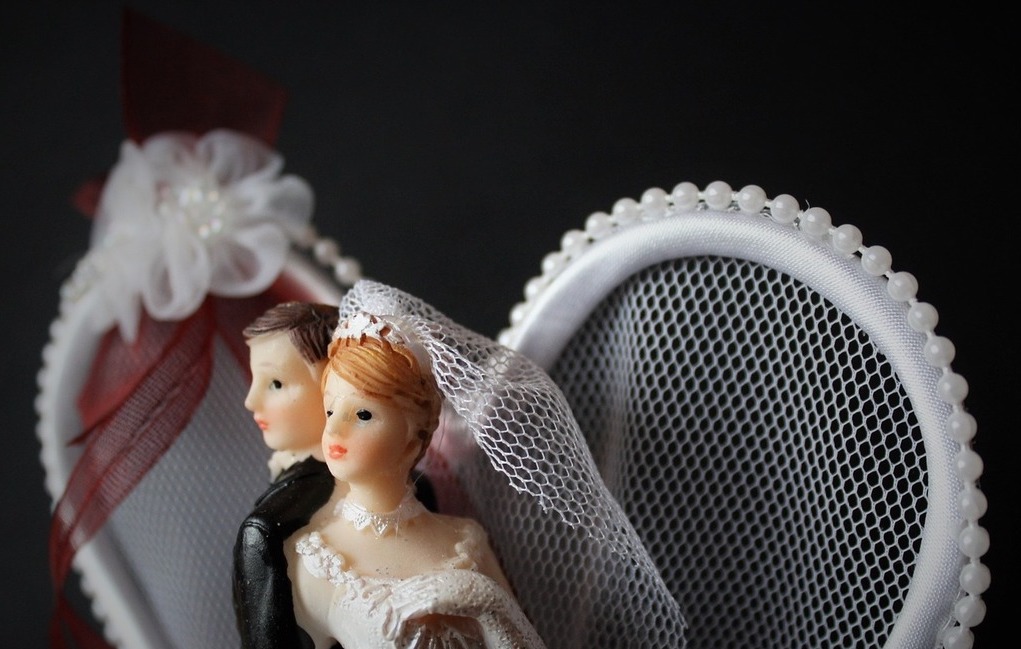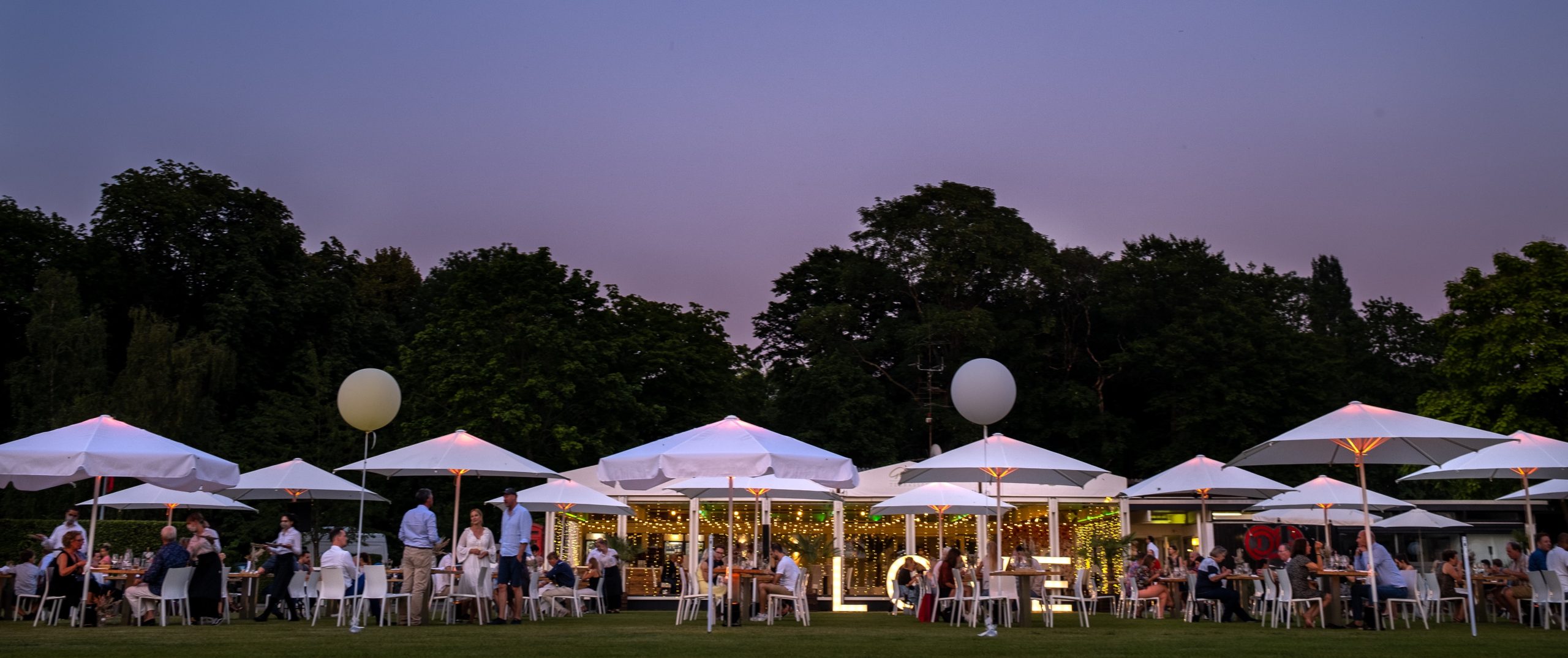Lit Mags
Mary Robison’s Minimalist Sorcery
"Yours" by Mary Robison, recommended by Ben Greenman

EDITOR’S NOTE by Ben Greenman
What is a life? I don’t mean that abstractly. I mean it concretely. What makes up a life? We know, broadly speaking, that it’s a series of days laid end-to-end and given definition either proactively or retroactively — or, most commonly, through a mixture of both. We think we know what we want from life, though we know that we won’t get it in exactly that form. We anticipate, adding plot, and then later we remember, adding theme. In time’s vast sky we look at a few clouds and pretend we recognize their shapes.
What is a fictional life, though? A fictional life is a narrower window that professes to see the whole landscape via powers of magnification. A writer of novels or short stories must decide which particular year, or month, or week, will be scrutinized. Fiction is about choice, about how you can extract a set of episodes from a broader life and make them representative.
In “Yours,” Mary Robison solves this problem aggressively, by limiting herself to a single day. Robison is classed as a minimalist, which means not very much, both in the sense that it literally refers to writers who pare down their fictional materials and in the sense that it is a largely meaningless distinction. What is minimalist about the first sentence of this story? We see a woman “struggle away from” (not back away from, not step away from, not turn or swivel) her “white Renault” (it’s the only traditionally modified noun in the sentence, and thus both too important and not important at all), “limping with the weight of the last of the pumpkins.” In the last movement of this sentence, there is almost too much to bear: we get the season, and a sense of her misplaced ambition, and a whiff of depletion and possibly depression,but also of things held tightly for value.
By the second sentence, we have another character, and by the next paragraph we have a whole set of relations between them and their objects. The rest of the story follows Allison and her much older husband Clark through what remains of the day, moving around them as they perform mundane tasks, leaning in when something glints in the evening light: an insight, a self-doubt, a joke, an oblique gesture of love. Robison has, since the late seventies, been publishing short stories like this, and while she has also written novels, I prefer the sorcery of the shorter works. (I also fear it and I also covet it: I have published both collections of stories and novels, including the upcoming “The Slippage,” and I understand the sharp jabs and feints of stories better, maybe.)
The story goes on for a little bit, into Alison’s and Clark’s evening, and there are surprises, and then there are more surprises, and there are crawl spaces into which the minds of the characters wander to cushion the blows of those surprises. I will not spoil any of the plot developments, even in a story that is only slightly longer than this introduction, because readers deserve to be shaken as they encounter them.
What is a life? Can it be a day? Can it be an evening? When a story proceeds with such unshakable, idiosyncratic confidence regarding what it should contain — and what should be left out to focus more attention on those contents — a better question might be this: What isn’t a life?
This is Robison’s sorcery, her talent and burden, and why it is a good thing that “Yours” is as short as it is. Unremarkable things made to glow so intensely are difficult to look at for too long.
Ben Greenman, The Slippage
Mary Robison’s Minimalist Sorcery
Mary Robison
Share article
ALLISON STRUGGLES AWAY FROM HER WHITE RENAULT, limping with the weight of the last of the pumpkins. She found Clark in the twilight on the twig- and leaf-littered porch, behind the house. He wore a tan wool shawl. He was moving up and back in a cushioned glider, pushed by the ball of his slippered foot.
Allison lowered a big pumpkin and let it rest on the porch floor.
Clark was much older than she — seventy-eight to Allison’s thirty-five. They had been married for four months. They were both quite tall, with long hands, and their faces looked something alike. Allison wore a natural-hair wig. It was a thick blonde hood around her face. She was dressed in bright-dyed denims today. She wore durable clothes, usually, for she volunteered afternoons at a children’s day-care center.
She put one of the smaller pumpkins on Clark’s long lap. “Now, nothing surreal,” she told him. “Carve just a regular face. These are for kids.”
In the foyer, on the Hepplewhite desk, Allison found the maid’s chore list, with its cross-offs, which included Clark’s supper. Allison went quickly through the day’s mail: a garish coupon packet, a flyer advertising white wines at Jamestown Liquors, November’s pay-TV program guide, and — the worst thing, the funniest — an already opened, extremely unkind letter from Clark’s married daughter, up North. “You’re an old fool,” Allison read, and “You’re being cruelly deceived.” There was a gift check for twenty-five dollars, made out to Clark, enclosed — his birthday had just passed — but it was uncashable. It was signed, “Jesus H. Christ.”
Late, late into this night, Allison and Clark gutted and carved the pumpkins together, at an old table set out on the back porch. They worked over newspaper after soggy newspaper, using paring knives and spoons and a Swiss Army knife Clark liked for the exact shaping of his teeth and eyes and nostrils. Clark had been a doctor — an internist — but he was also a Sunday watercolor painter. His four pumpkins were expressive and artful. Their carved features were suited to the sizes and shapes of the pumpkins. Two looked ferocious and jagged. One registered surprise. The last was serene and beaming.
Allison’s four faces were less deftly drawn, with slits and areas of distortion. She had cut triangles for noses and eyes. The mouths she had made we all just — wedges — two turned up and two turned down.
By one A.M., they were finished. Clark, who had bent his long torso forward to work, moved over to the glider again and looked out sleepily at nothing. All the neighbors’ lights were out across the ravine. For the season and time, the Virginia night was warm. Most of the leaves had fallen and blown away already, and the trees stood unbothered. The moon was round, above them.
Allison cleaned up the mess.
Your jack-o’-lanterns are much much better than mine,” Clark said to her.
“Like hell,” Allison said.
“Look at me,” Clark said, and Allison did. She was holding a squishy bundle of newspapers. The papers reeked sweetly with the smell of pumpkin innards. “Yours are far better,” he said.
“You’re wrong. You’ll see when they’re lit,” Allison said.
She went inside, came back with yellow vigil candles. It took her a while to get each candle settled into a pool of its own melted wax inside the jack-o’-lanterns, which were lined up in a row on the porch railing. Allison went along and relit each candle and fixed the pumpkin lids over the little flames. “See?” she said. They sat together a moment and looked at the orange faces.
“We’re exhausted. It’s good-night time,” Allison said. “Don’t blow out the candles. I’ll put in new ones tomorrow.” In her bedroom, a few weeks earlier in her life than had been predicted, she began to die. “Don’t look at me if my wig comes off,” she told Clark. “Please.” Her pulse cords were fluttering under his fingers. She raised her knees and kicked away the comforter. She said something to Clark about the garage being locked.
At the telephone, Clark had a clear view out back and down to the porch. He wanted to get drunk with his wife once more. He wanted to tell her, from the greater perspective he had, that to own only a little talent, like his, was an awful, plaguing thing; that being only a little special meant you expected too much, most of the time, and like yourself too little. He wanted to assure her that she had missed nothing.
Clark was speaking into the phone now. He watched the jack-o’-lanterns. The jack-o’-lanterns watched him.








